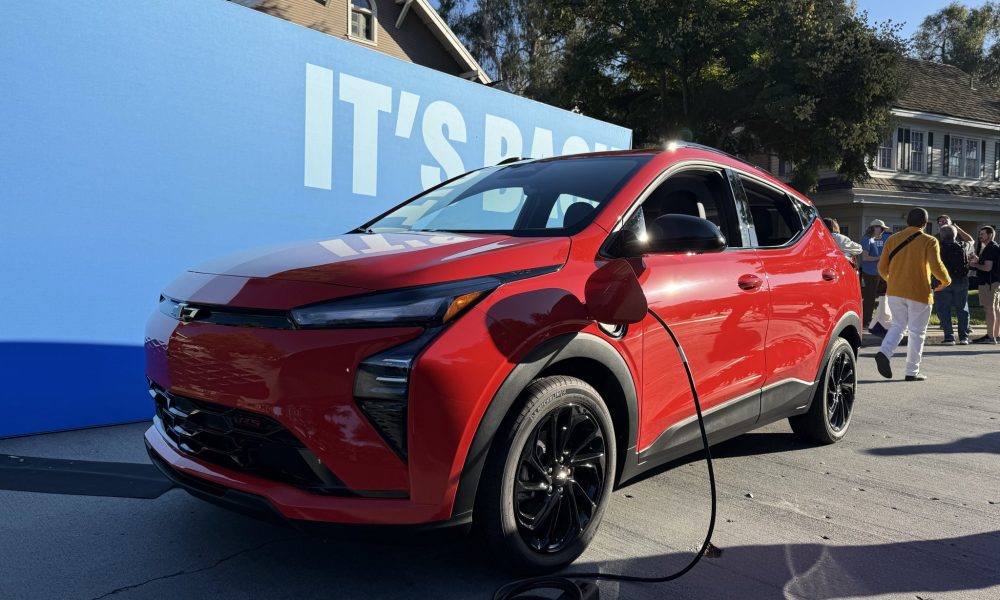
Chevrolet has made a significant move in the electric vehicle market by introducing its second-generation Bolt EV, priced at $28,995. This launch comes in response to Tesla’s recent unveiling of the more affordable Standard versions of its popular Model 3 and Model Y, which start at $36,990 and $39,990, respectively. The introduction of these models by Tesla was intended to address a growing demand for budget-friendly electric options, but reactions to their pricing have been mixed.
In a press conference held earlier this week, Tesla announced that its Long Range versions of the Model 3 and Model Y will now be classified as “Premium.” The company has been under pressure to roll out more affordable models, particularly after the loss of the $7,500 EV tax credit, which had bolstered sales previously. Despite the new offerings, many consumers expressed disappointment, suggesting that Tesla’s definition of affordability may not align with the expectations of potential buyers.
Chevrolet’s Bolt EV, with its starting price of $28,995, offers a competitive alternative for those seeking an entry-level electric vehicle. The new model features a 65 kWh LFP battery, promising an estimated range of 255 miles on a single charge. Notably, it includes a native NACS port, allowing direct access to Tesla’s Supercharger network without the need for an adapter.
Specifications and Market Position
The Bolt EV supports charging speeds of up to 150 kW and can achieve 10-80% charging in just 26 minutes. It also boasts capabilities for bidirectional power of 9.6 kW, enhancing its utility. Features such as a 11.3-inch touchscreen and 16 cubic feet of cargo capacity are included, although it lacks Apple CarPlay and Android Auto. Deliveries are set to begin in early 2026.
In the current market landscape, Chevrolet’s Bolt EV stands out as one of the few electric vehicles available for under $30,000 in the United States. Competitors such as the Nissan Leaf S, priced at $28,140, the Mini Cooper SE at $30,900, and the Fiat 500e at $32,500 also offer affordable options, but they come with limited range, making the Bolt EV a more appealing choice for budget-conscious consumers.
While Tesla’s loyal customer base may remain steadfast, first-time electric vehicle buyers are likely to gravitate towards options that align more closely with their financial capabilities. The introduction of Chevrolet’s Bolt EV could capture a significant share of this market segment, especially as many buyers seek vehicles priced below $30,000.
The ongoing competition in the electric vehicle market highlights the evolving landscape as automakers strive to balance affordability with performance and range. As the demand for electric vehicles continues to grow, the choices available to consumers are expanding, offering a variety of options that cater to different needs and budgets.






